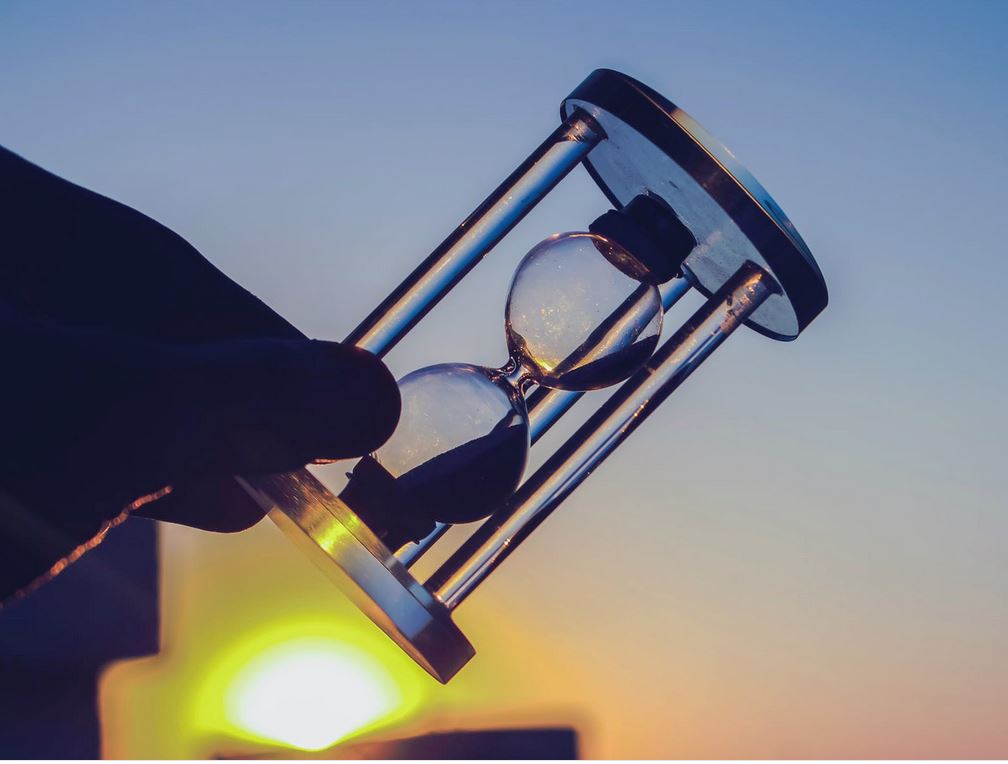As the entire campus community realizes, in a post-turkey haze, that the end of the semester is rapidly approaching, we present some of our best end-of-semester strategies for graduate students. If you are not a graduate student, we suggest you continue reading for the bits of universal wisdom sprinkled throughout.
MAKE A MAP
One of the best ways to get some perspective on a project or to begin preparing for an exam is to return to a blank slate—either a whiteboard or a large piece of paper. It feels daunting at first, but reconstructing (from memory!) your argument or outlining the essential concepts covered in a course shows you what you know while exposing the gaps that you’ll need to prioritize.
WORK IN SHIFTS
An unscheduled day sounds great but is often difficult to productively manage. Planning to “work all day” often leads to procrastination and a guilt spiral. Instead, plan to work in 2 to 3 shifts. Pick one task or a set of related tasks for each shift. Work for 1 – 2 hours, then step away. Initially, you may resist the idea that you can get more done in less time, but concentrated effort always beats pseudo-studying.
SHARE YOUR GOALS
Willpower isn’t a thing. Or, at least, it’s a finicky, unreliable, limited-to-the-point-of-being-irrelevant thing. You can’t trust it to come through for you when you need it, so you’ll need some support. Tell a friend, family member, or the person sitting next to you at the Graduate Student Center what you plan to accomplish today, this week, or this semester. They might not care, but articulating your goals is the first step to achieving them.
CARE FOR YOUR OFFLINE BRAIN
If you’re asking your brain to intensively focus on challenging tasks, you should be nice to it when it’s off the graduate school clock. That may mean turning off notifications and reducing screen time so that you’re not pinging your brain or bathing it in blue light when it’s trying to rest. Sleep is a must. Writing takes longer and is usually worse when you’re very tired.
BUILD UP TO THE HEAVY LIFT
Sitting down to a blank document with a flashing cursor is intimidating. Perfect sentences and fully-formed ideas may not immediately pour out of you. Consider a soft launch: a few sentences scribbled in a notebook, a terrible first draft of an introduction typed into your favorite note-taking app on your phone, or a conversation with a friend over coffee about the argument you’re trying to make and how you’ll defend it.
REMEMBER WHAT’S EXPECTED
The worst thing ever is spilling coffee on the laptop that carries the only saved copy of your paper that you never bothered to email to yourself or connect to a cloud-based system. The second worst thing is casually glancing at an assignment description after you’ve written three-fourths of your essay and realizing that you’re totally off-track. It is worth your time (right now) to re-read that prompt and ensure that you’re doing no more and no less than what has been assigned.
SET A MINIMUM
If you just can’t get yourself to sit down to do the work—you’re not alone! Set a minimum task for each study session. Something, you know, minimal. You could write 5 sentences, read the abstracts of 3 articles, or create a table from your data. The idea is to start. You’ll at least do the minimum and maybe you’ll get on a roll.
If you’re not ready to adopt all seven strategies in the remaining weeks of the semester, we suggest focusing on one or two. If it’s too hard to choose or you just want to talk about a paper, project, or exam—make an appointment with a learning instructor. We’re happy to meet with you through the end of the fall term.
By Staff Writer: Ryan Miller, Director, Office of Learning Resources

